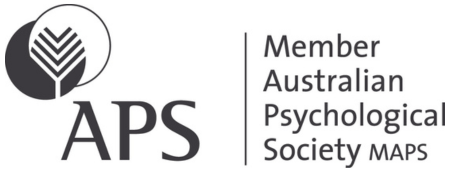

At PsychologyCare Gold Coast, we provide neurodivergent-affirming Autism and ADHD assessments designed to support, respect, and empower each individual. The way an assessment is carried out can make a profound difference, not only in how the process feels, but also in how useful and validating the outcome is.
Unlike traditional deficit-focused models that look only at “symptoms,” a neurodivergent-affirming approach recognises differences as natural variations in human thinking, feeling, and interacting.
A neurodivergent-affirming assessment seeks to understand the whole person; their strengths, challenges, and unique ways of experiencing the world. At PsychologyCare, we value lived experience, respect identity, and focus on abilities and adaptive strategies while also acknowledging areas of difficulty.
Our goal is not simply to provide a diagnosis, but to help identify what supports are needed and how environments can be adapted to promote thriving.
Undergoing a neurodivergent-affirming Autism or ADHD assessment you can expect a process that is:
Collaborative – we listen to the individual, their family, and professionals who know them well.
Contextual – recognising that traits may look different across environments, situations, and life stages.
Strengths-focused – highlighting passions, abilities, and adaptive strategies.
Environment-aware – recommending adjustments to settings and supports, rather than placing the burden solely on the individual.
Identity-affirming – using diagnosis as a tool for understanding and empowerment, not limitation.
An affirming assessment for Autism or ADHD is about more than meeting diagnostic criteria. It is about:
Fostering self-understanding – helping individuals make sense of their experiences.
Validating identity – recognising neurodivergence as part of natural human diversity.
Reducing stigma – framing differences without pathologising.
Empowering families – providing the tools and language to advocate for appropriate supports.
When assessments are respectful, affirming, and person-centred, they become more than a diagnostic process, they become a pathway to thriving.
By Kat Ware
Clinical Psychologist – PsychologyCare










